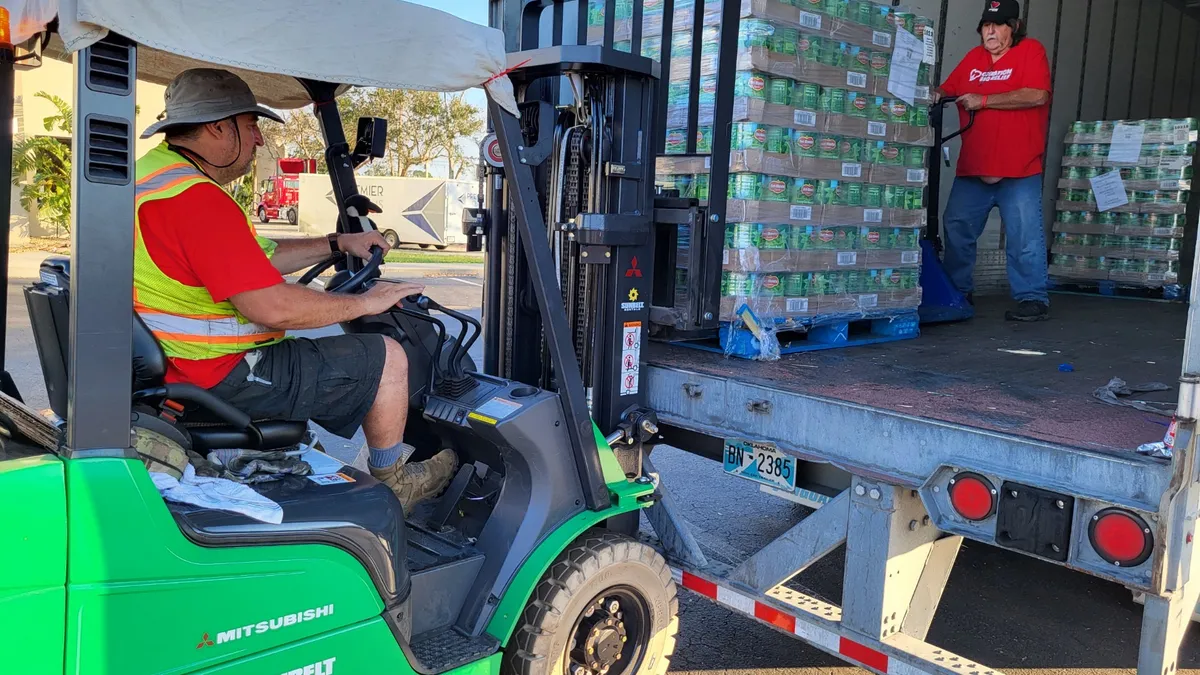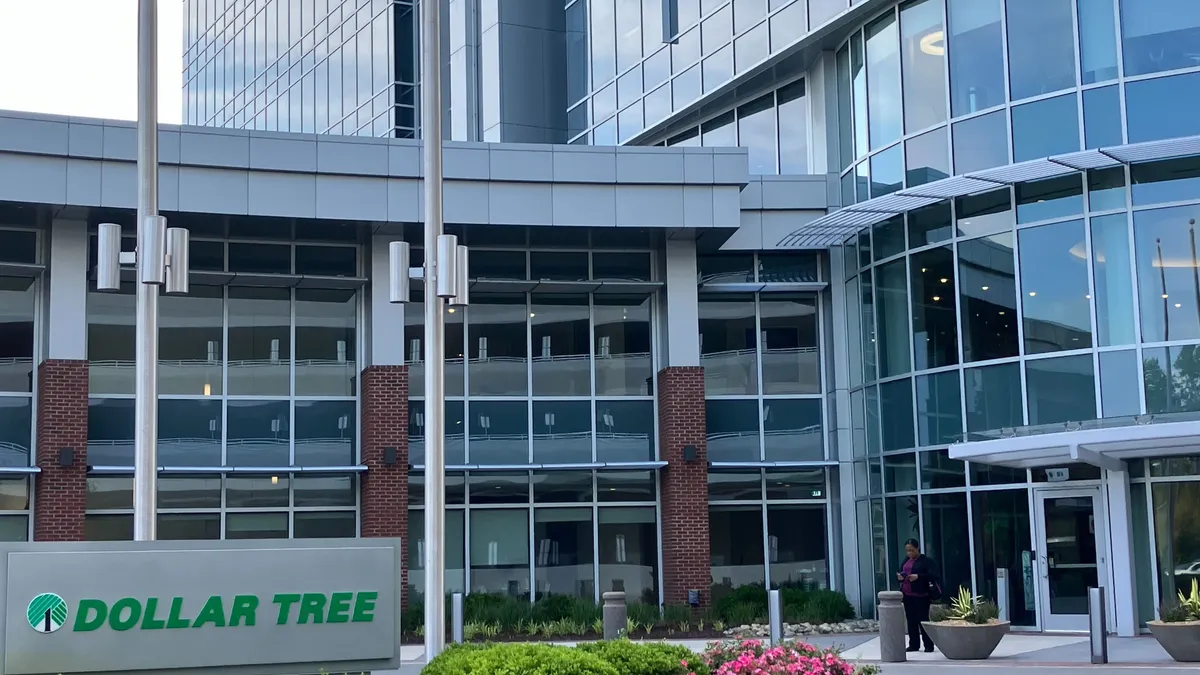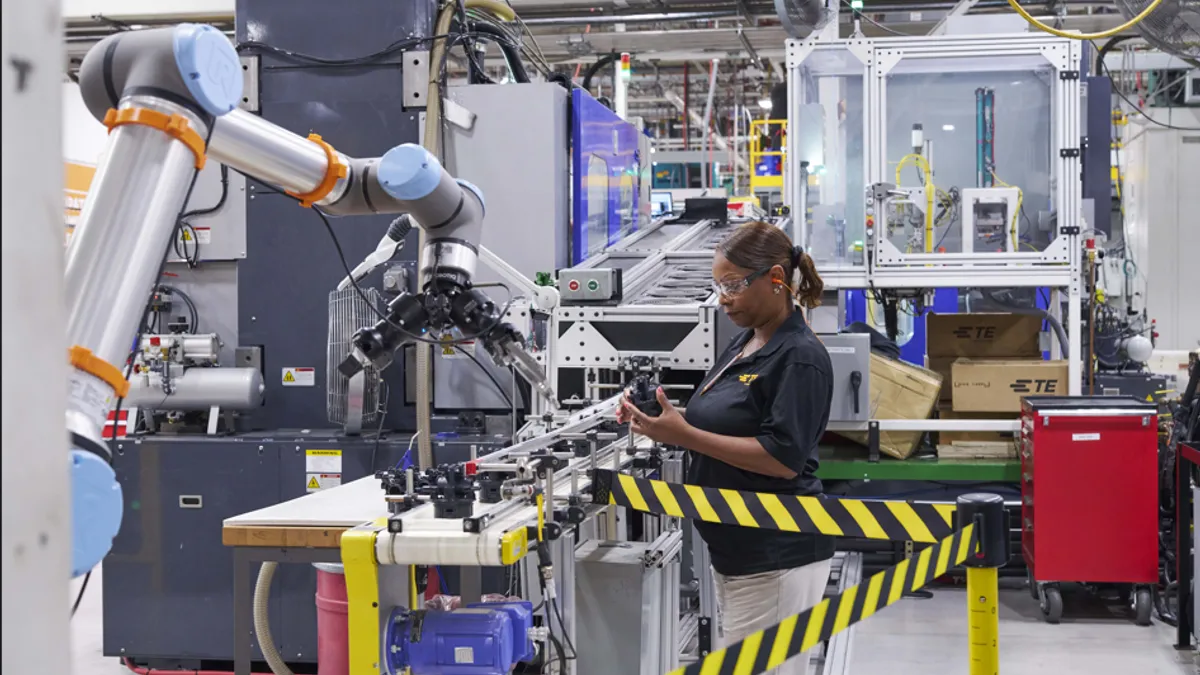The day after Hurricane Ian made its deadly landfall in Florida on Sept. 28, Joe Myerly steered a flatbed carrying five massive meat smokers and a dry van full of kitchen supplies to the Port Charlotte Town Center in Charlotte County.
Emergency crews in boats, which were rescuing people stranded in their homes, blocked one highway exit, the 55-year-old truck driver said. Myerly passed them as he navigated the treacherous roads from a staging area at the Georgia line to deliver the needed supplies following the Category 4 hurricane.
“It was an obstacle course getting around for the first four or five days at all,” said Myerly, who lives in Hagerstown, Maryland. “Right now, [conditions] are improving, but there’s still a lot to clear up. … Power poles are laying down. Trees are in the roads.”
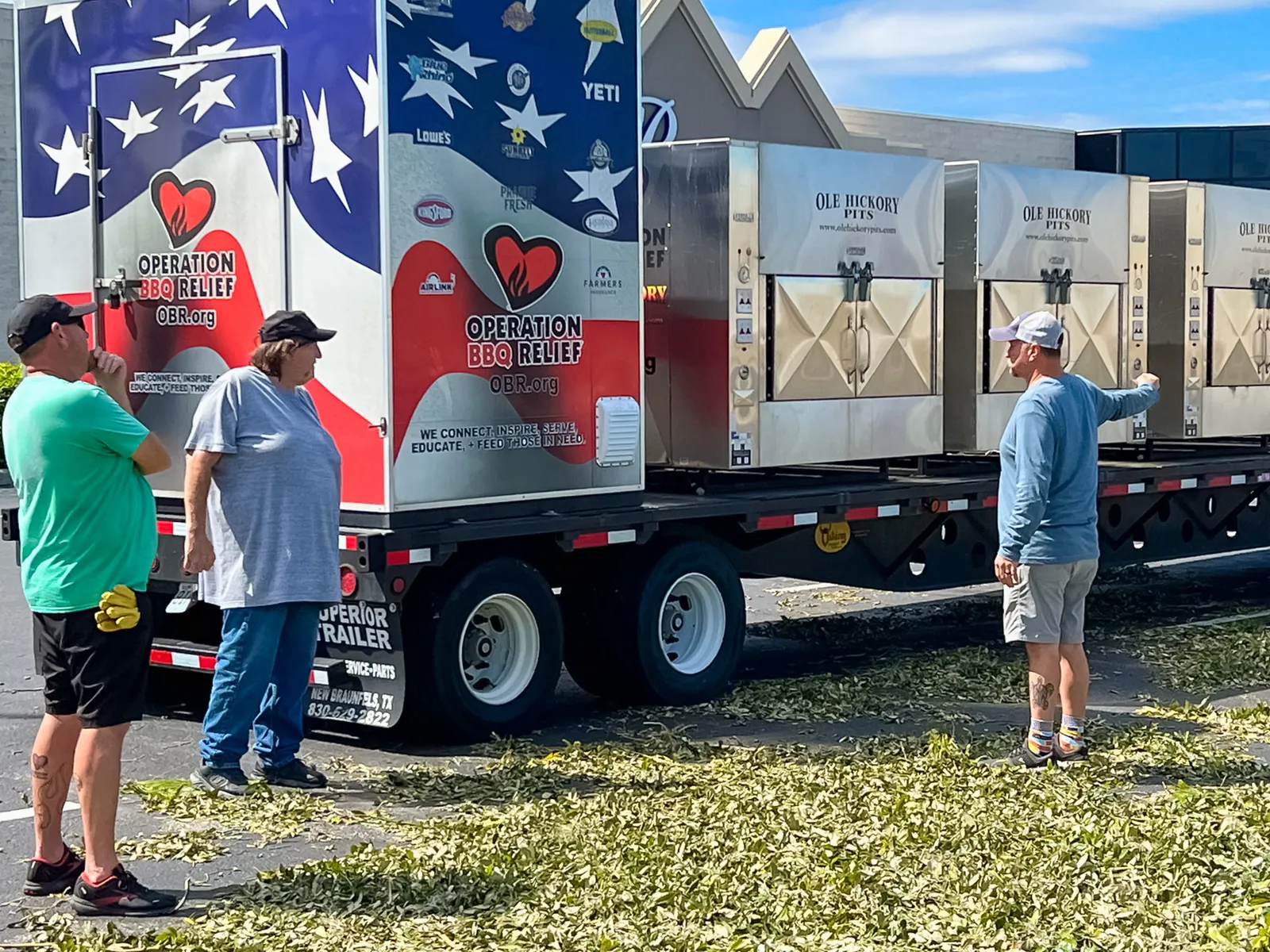
Myerly, part of a team of volunteers for the disaster aid nonprofit Operation BBQ Relief, helped the organization set up and supply a free meal distribution site that aims to give out at least a million hot lunches and dinners to Floridians in need after the storm.
The nonprofit has relied on truck drivers like Myerly to supply its post-disaster food distribution efforts since its founding in 2011. But an extra boost from the trucking industry after Hurricane Ian is supporting what is becoming the organization’s largest response to date.
The American Logistics Aid Network, a transport industry nonprofit founded after Hurricane Katrina, has contributed transportation, reefer trailers for food storage and other free assistance. Operation BBQ Relief officials say the help has proved vital to the site’s ability to scale up to 60,000 to 80,000 meals a day.
“They've been a godsend to us,” said Chris Huggins, Operation BBQ Relief director of logistics and transportation.
‘It takes a lot of food’
Floodwaters forced the closure of Interstate 75 on Sept. 30, temporarily trapping Myerly in Florida during the distribution site setup. As soon as the highway reopened, he left again to retrieve pallets of canned vegetables, food containers and more from Texas, South Carolina and Georgia.
“It takes a lot of food,” Myerly said.
Last week alone, the nonprofit sourced loads of green beans from Wisconsin, mixed vegetables from Virginia, bread from Nebraska and Kentucky and briskets from Arizona, according to Huggins.
Huggins, who lives in Dallas, is a freight broker by day. But as Operation BBQ Relief’s logistics and transportation director, he shifts his focus from shipments of building supplies to food and produce.
“I've got products all over the country that we're buying from vendors and vendors are donating to us,” he said. “Our transportation costs could, at times, [during] these disasters, surpass $150,000.”
That’s where the American Logistics Aid Network and its executive director, Kathy Fulton, have stepped in to assist. Huggins and Fulton work together to coordinate loads that need to be transported, and Fulton works with the network’s partners to move freight without cost to Operation BBQ Relief.
Building bridges and taking flight
Operation BBQ Relief and other nonprofits’ requests to the American Logistics Aid Network vary, but the biggest by far is transportation, ranging from LTL to full truckload shipments, Fulton said.
“We're right there in the middle between all the different groups, and we're helping to push information and resources where they need to be and trying to build bridges so that that network can exist without us,” Fulton said.
In addition to its collaboration with the trucking industry, Operation BBQ Relief partnered with Operation AirDrop, a Texas nonprofit, to fly food into Fort Myers, Sanibel Island and other areas that were cut off by floodwaters.
“We're sending meals into many different counties,” said Joey Rusek, Operation BBQ Relief head of operations. “We flew about 20,000 meals total over three days with them.”
‘It couldn’t happen at a better time’
Lines of cars have greeted the Operation BBQ Relief meal giveaway, as more than half of Charlotte County residents lacked power, county spokesperson Brian Gleason said.
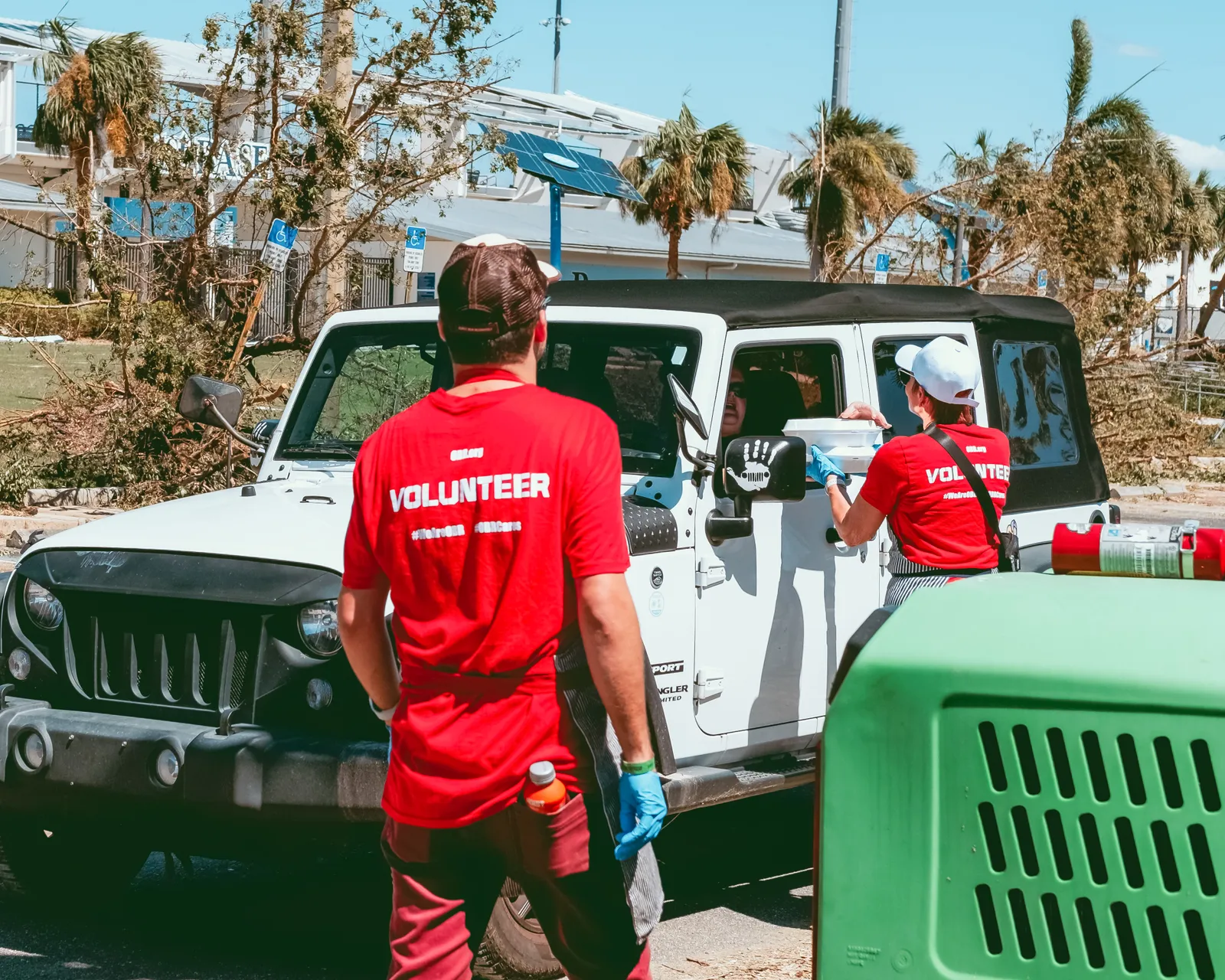
“These folks haven’t had a hot meal unless they cooked it on their grill, if it’s still around since last week,” Gleason said. “Their food in the fridge has long since spoiled. … It’s a really great program, and it couldn’t happen at a better time, as people are really struggling.”
In the back of his trailer Friday morning, Myerly maneuvered a pallet jack beneath his latest haul, a shipment of Del Monte canned green beans, and inched it toward fellow volunteer Forrest Parks’ waiting forklift.
By that night, he was back on the road, Alabama-bound to meet another driver and pick up a shipment of corn.



